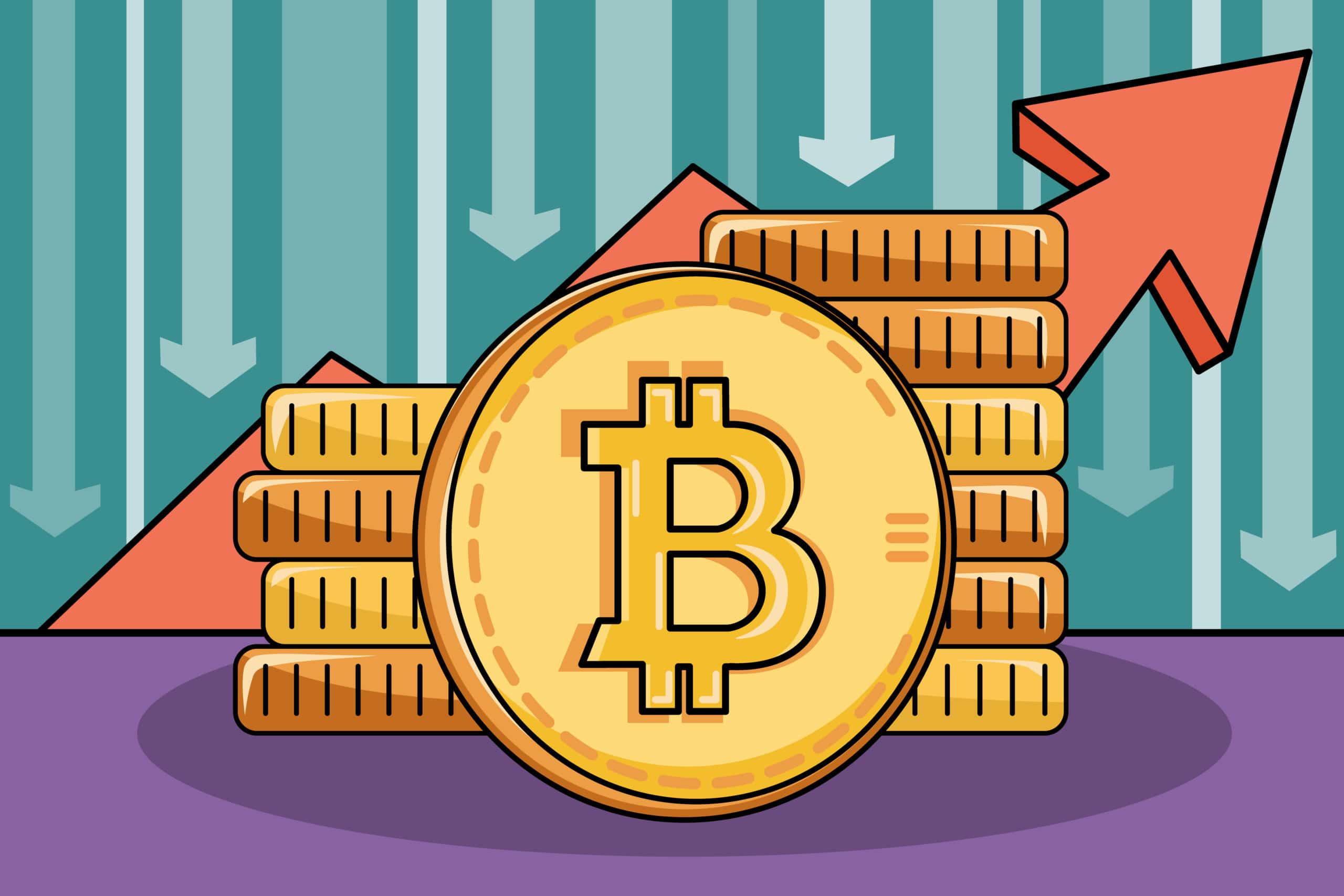
Bitcoin is a decentralized digital currency that operates without a central authority or intermediary, such as a bank. It was invented in 2008 by an unknown person or group of people using the pseudonym Satoshi Nakamoto and officially launched in 2009. Bitcoin enables peer-to-peer transactions that are secure, transparent, and immutable.
Key Features of Bitcoin
- Decentralization: Unlike traditional currencies controlled by governments or financial institutions, Bitcoin operates on a decentralized network called the blockchain.
- Blockchain Technology: Bitcoin transactions are recorded on a blockchain, a public ledger that ensures transparency and prevents double-spending.
- Limited Supply: Bitcoin’s supply is capped at 21 million coins, making it a deflationary asset. This scarcity contributes to its value.
- Anonymity and Transparency: While Bitcoin transactions are publicly recorded, the identities of users remain pseudonymous.
- Global Accessibility: Bitcoin can be sent and received anywhere in the world, making it a truly global currency.
How Does Bitcoin Work?
Bitcoin relies on a network of computers (nodes) to validate and record transactions. Here’s how it works:
- Creating a Wallet: To use Bitcoin, you need a digital wallet, which stores your private keys—unique codes that give you access to your Bitcoin.
- Making Transactions: When you send Bitcoin to someone, the transaction is broadcast to the network and verified by miners.
- Mining: Miners use computational power to solve complex mathematical problems. Once solved, the transaction is added to a block and recorded on the blockchain. Miners are rewarded with newly minted Bitcoin for their efforts.
Why Use Bitcoin?
- Lower Transaction Fees: Bitcoin transactions often have lower fees compared to traditional payment methods, especially for international transfers.
- Financial Freedom: Bitcoin provides an alternative to traditional banking systems, especially in regions with limited access to financial services.
- Hedge Against Inflation: Bitcoin’s limited supply makes it a popular choice as a store of value.
Risks and Considerations
- Volatility: Bitcoin’s price can fluctuate significantly, making it a high-risk investment.
- Security: While the blockchain is secure, individual wallets can be hacked if not properly protected.
- Regulatory Uncertainty: Bitcoin’s legal status varies across countries, and regulatory changes can impact its use and value.
Getting Started with Bitcoin

- Choose a Wallet: Select a reputable wallet—options include hardware wallets (like Ledger), software wallets, or online wallets.
- Buy Bitcoin: You can purchase Bitcoin on cryptocurrency exchanges such as Coinbase, Binance, or Kraken.
- Secure Your Investment: Use strong passwords and enable two-factor authentication to protect your wallet.
- Learn and Stay Informed: Keep up with Bitcoin news and updates to make informed decisions.
Conclusion
Bitcoin is a revolutionary technology that has the potential to reshape the financial landscape. Whether you’re looking to invest, use it for transactions, or simply learn more, understanding the basics is the first step toward exploring this digital currency. As with any financial decision, research thoroughly and consider the risks before diving in.


0 Comments